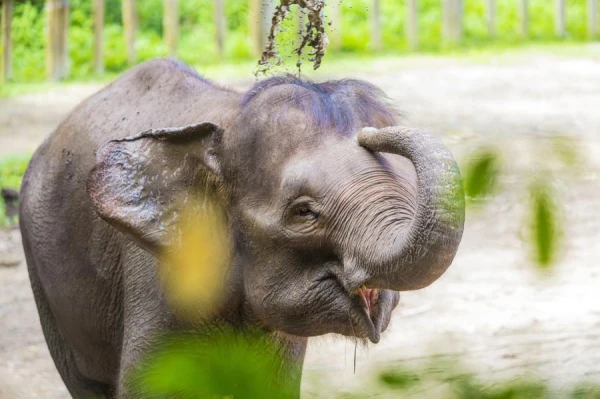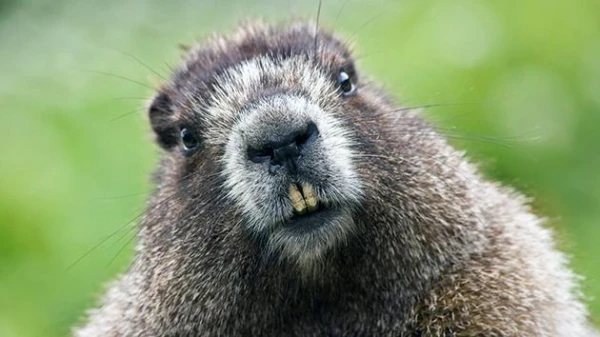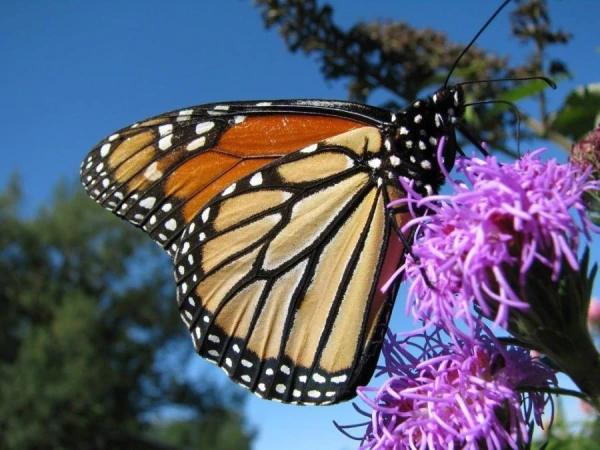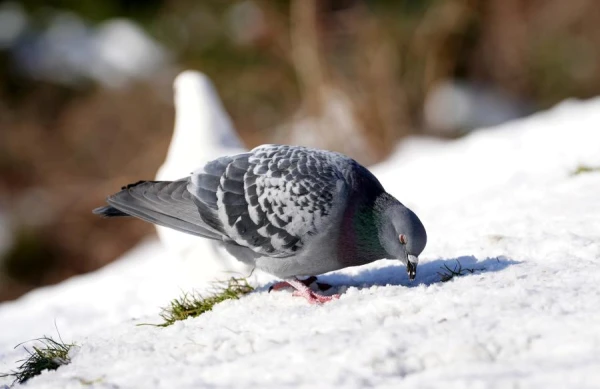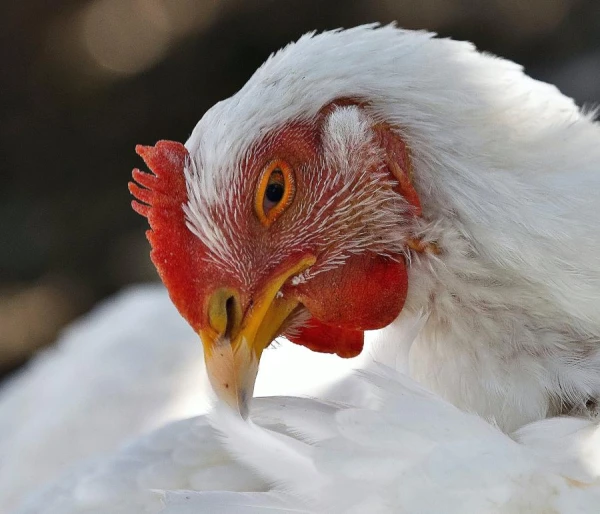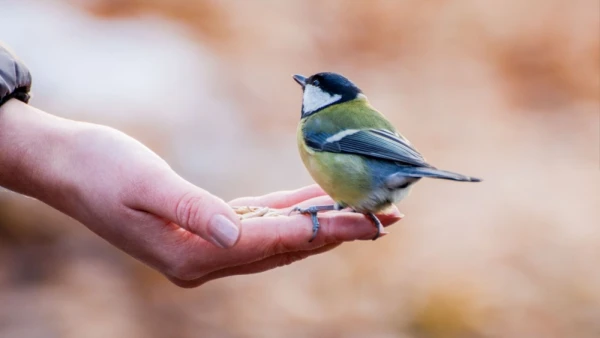
What Helps Species Survive — Boldness or Caution?
Scientists conducted the largest study of bird fear in the world. During a large-scale experiment involving 136 bird species from six continents, specialists found out why some feathered creatures boldly try new things while others exhibit extreme caution. This difference — between boldness and indecisiveness — is referred to by scientists as neophobia, or fear of novelty. This trait significantly affects how successfully a species can adapt to rapid changes in the world. The study was published in the journal PLOS Biology.
The work was led by an international team headed by Dr. Rachel Miller as part of the ManyBirds project. The essence of the experiment was simple: birds were offered a familiar treat — first alone, and then next to an unfamiliar object. These could be bright toys or pieces of soft materials that bore no resemblance to predators. The reactions varied: some individuals, like falcons or pheasants, immediately approached the food, while others, such as flamingos, hesitated for a long time. It was this delay before approaching the food that indicated the level of fear.
Analysis of the behavior of 1,439 birds revealed clear patterns. The main factors influencing boldness turned out to be diet and migratory tendencies. Species that feed on a limited range of food were more skittish. In contrast, omnivorous "generalists" exhibited more boldness. Migratory birds, which frequently encounter new places, also demonstrated increased caution — likely a protective evolutionary mechanism guarding them against unfamiliar threats.
"Neophobia has its advantages and disadvantages," explains Dr. Miller. "Such reactions can protect an individual from potential risks, but they can also limit opportunities to utilize new resources, such as unknown food or nesting sites."
This balance is crucial for survival. Overly vigilant species may avoid toxins and traps, but they may lose out on the ability to adapt to life in cities and on human-altered lands. In a changing climate and with the active expansion of cities, such flexibility becomes key to survival.
Interestingly, fear turned out to be "contagious." Birds tested in groups were slower to approach food than those that were alone. Social signals played a significant role: one nervous individual could cause the entire flock to be more cautious. Researchers also found that neophobia is a stable trait. A bird that exhibited caution once typically behaved the same way weeks later.
Other factors also influenced boldness. Birds that guard their territory year-round were more cautious than seasonal ones. Inhabitants of simple, open landscapes adapted to new things more slowly than those living in complex forest ecosystems. Meanwhile, domesticated birds living in predictable conditions showed almost no fear.

